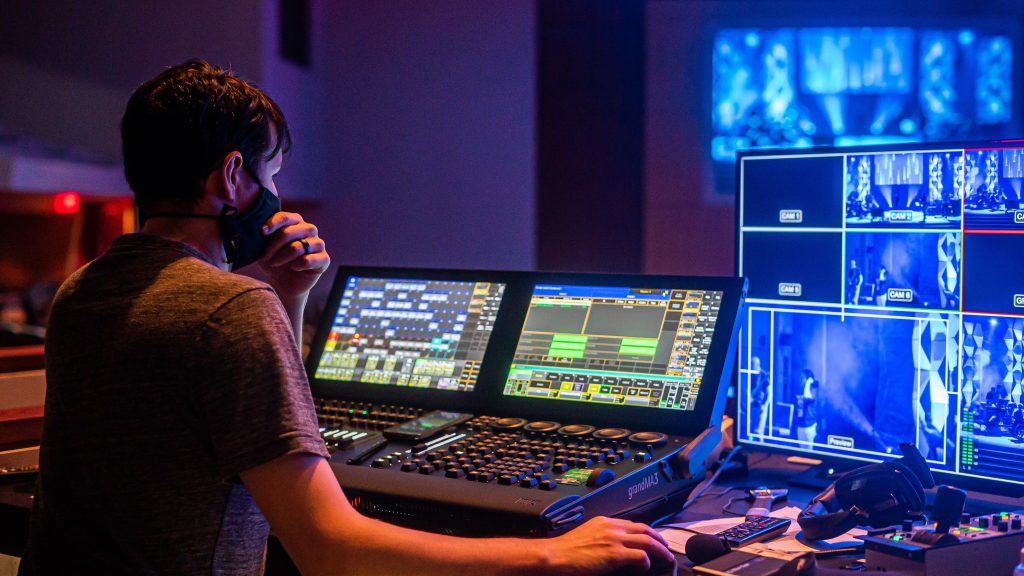
The media is a huge force in influencing our culture, and this is especially true when it comes to how they cover important music events. From renowned music festivals like Coachella and Glastonbury to major award ceremonies like the Grammy Awards, media coverage of these occasions not only accentuates their cultural significance but also catches the thrill and spectacle of these occasions. This is why significant music events require media coverage.
- Global Reach and Accessibility
- Cultural Record Keeping
- Artist Exposure
- Economic Impact
- Critical Discourse
- Spotlight on Issues
- Promotion of Music Education
- Social Connectivity
- Inspiring Future Generations
- Brand Building for Events
Music enthusiasts worldwide can participate in events they are unable to physically attend thanks to media coverage that transcends national boundaries. It guarantees that major music events have an audience that is worldwide and democratizes access to cultural activities.
Journalists and other media representatives record music history by preserving performances and fleeting moments. This material is preserved for future generations and becomes a part of the historical record, adding to the story of musical evolution.
Both established bands and up-and-coming musicians can get notoriety and recognition from media coverage. It gives artists a platform to connect with a larger audience and can have a big effect on their careers.
The buzz generated by media coverage can have a tangible economic impact on music events. Increased visibility can drive ticket sales, attract sponsorships, and boost local economies, particularly for events that draw large tourist crowds.
Reviews and analyses are frequently included in media coverage, which adds to the critical conversation about music and its cultural significance. This conversation has the power to shape public opinion and critically interact with the craftsmanship and staging of musical performances.
Important concerns facing the music industry, such as the need for diversity, the effect of digital streaming on live performances, and the environmental effects of large-scale events, can also be brought to light by media coverage.
The public can also be educated about various music genres, the creative process, and the technical components of live production through media coverage that highlights the subtleties of performances, features artist interviews, and offers behind-the-scenes peeks.
Large-scale music events frequently have a uniting effect, and media coverage promotes a feeling of community among attendees and watchers. It makes it possible for everyone, wherever they may be in the world, to partake in the experience of listening to music together.
Future generations of musicians and music industry professionals can be motivated by in-depth media coverage of significant music events. Young individuals may be inspired to seek jobs in the music industry by witnessing the talent and labor that go into these occasions.
The development and preservation of music events’ brand is facilitated by regular, excellent media coverage. It guarantees that these occasions continue to be highlighted on the cultural calendar and may even contribute to the allure and identity of a nation.


